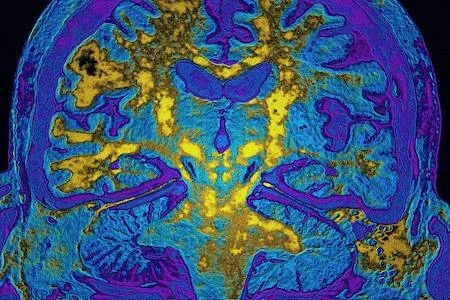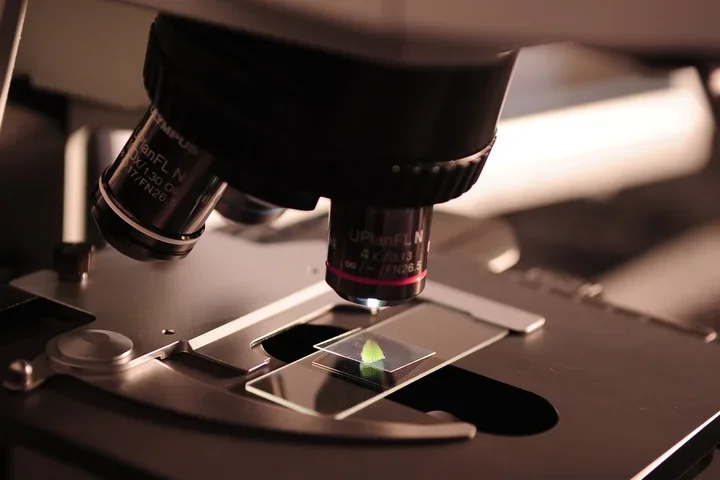Balance and movement improved in animal model of Parkinson’s Disease

Researchers at UCLA have developed a molecular compound that improves balance and coordination in mice with early stage Parkinson’s disease. Further, the drug, called CLR01, reduced the amount of a toxic protein in the brain that is thought to be one of the prime culprits in the development of the disorder.
Earlier research by Gal Bitan, an associate professor of neurology at the David Geffen School of Medicine at UCLA, and colleagues led to the development of CLR01, which is known as a molecular tweezer — a complex compound capable of disrupting the formation of toxic protein clumps. Shaped like the letter “C,” CLR01 wraps around chains of lysine, a basic amino acid that is a constituent of most proteins. In the previous work in zebrafish, the scientists showed that the tweezer could decrease the clumping of alpha-synuclein and prevent its negative effects without detectable toxicity or side effects to normal, functioning cells in the brain.



